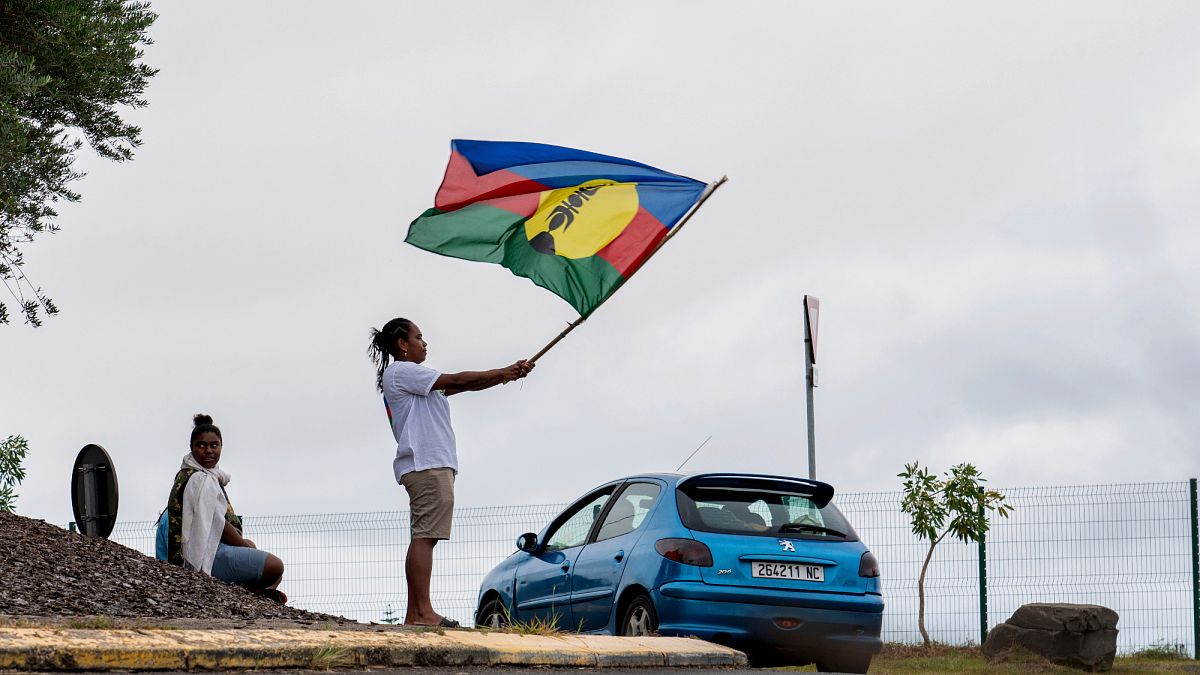France announced a deal with New Caledonia on Saturday, which grants the overseas South Pacific territory more autonomy. The agreement, however, stops short of full independence sought by indigenous inhabitants of the archipelago.
The 13-page deal, which French President Emmanuel Macron hailed as “historic”, calls for the creation of a “state of Caledonia”, which would remain French and inscribed in the French constitution. It will also allow for the creation of a Caledonian nationality alongside French nationality.
The accord still needs final approval in New Caledonia, and may face a vote by New Caledonians in February.
For decades, the Pacific archipelago east of Australia faced political tensions between those seeking independence and those loyal to France.
And in May 2024, mass riots broke out over proposed electoral reforms. The French government debated to give thousands of non-indigenous long term-residents voting rights. Many Kanaks protested against the proposal, claiming changes to the electoral rules would further marginalise Indigenous voters.
A difficult path lays ahead for Kanaks and other Caledonians, but the new agreement will get the island “out of the spiral of violence,” according to Kanak lawmaker Emmanuel Tjibaou who took part in the 10 days of negotiations.
“This text does not mention the word independence. But it opens up a structured, progressive, legally regulated and politically legitimate path,” Tjibaou said.
Those who were in favour of keeping New Caledonia within the French fold also hailed the accord. Lawmaker Nicolas Metzdorf called it a compromise born of “demanding dialogue,” and described the Caledonian nationality as a ″real concession.”
A special congress will be held to finalize next steps, which could include more sovereignty for New Caledonia over issues of international affairs, security and justice, according to excerpts published by New Caledonia’s public broadcaster. The accord could also eventually allow New Caledonians to change the territory’s name, flag and hymn.
Participants stressed the importance of rehabilitating and diversifying New Caledonia’s indebted economy, which depends heavily on nickel mining, and making it less reliant on the French mainland.
France colonised New Caledonia in the 1850s, and it became an overseas territory after World War II. French citizenship was granted to all Kanaks in 1957, but many continue to demand full independence.

